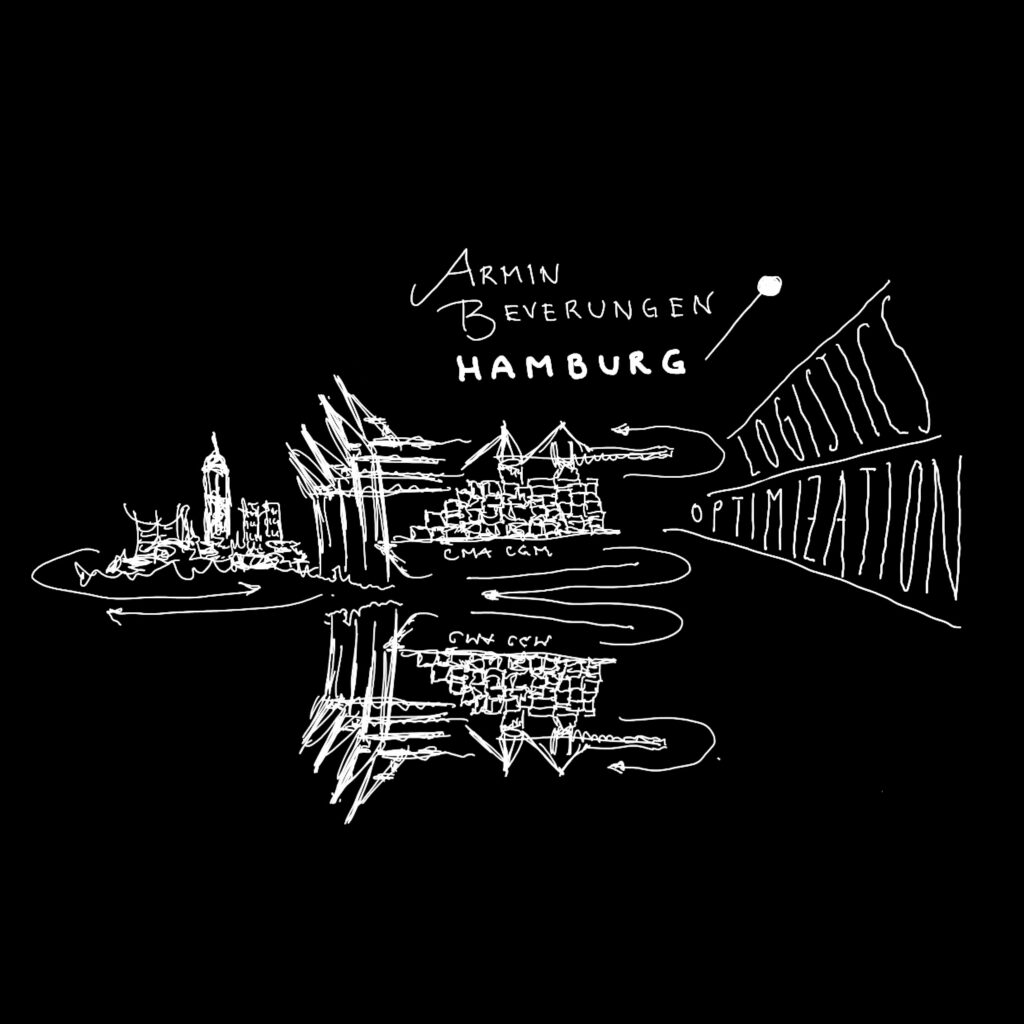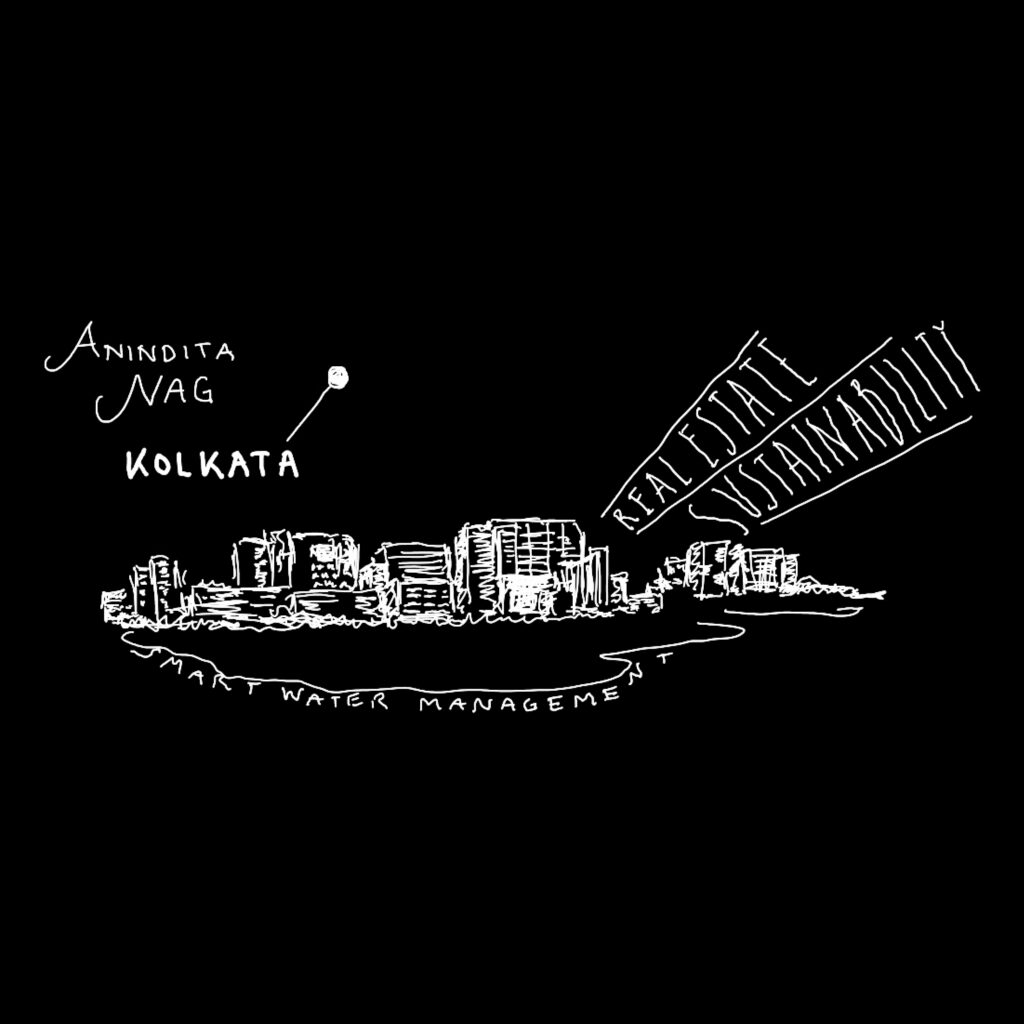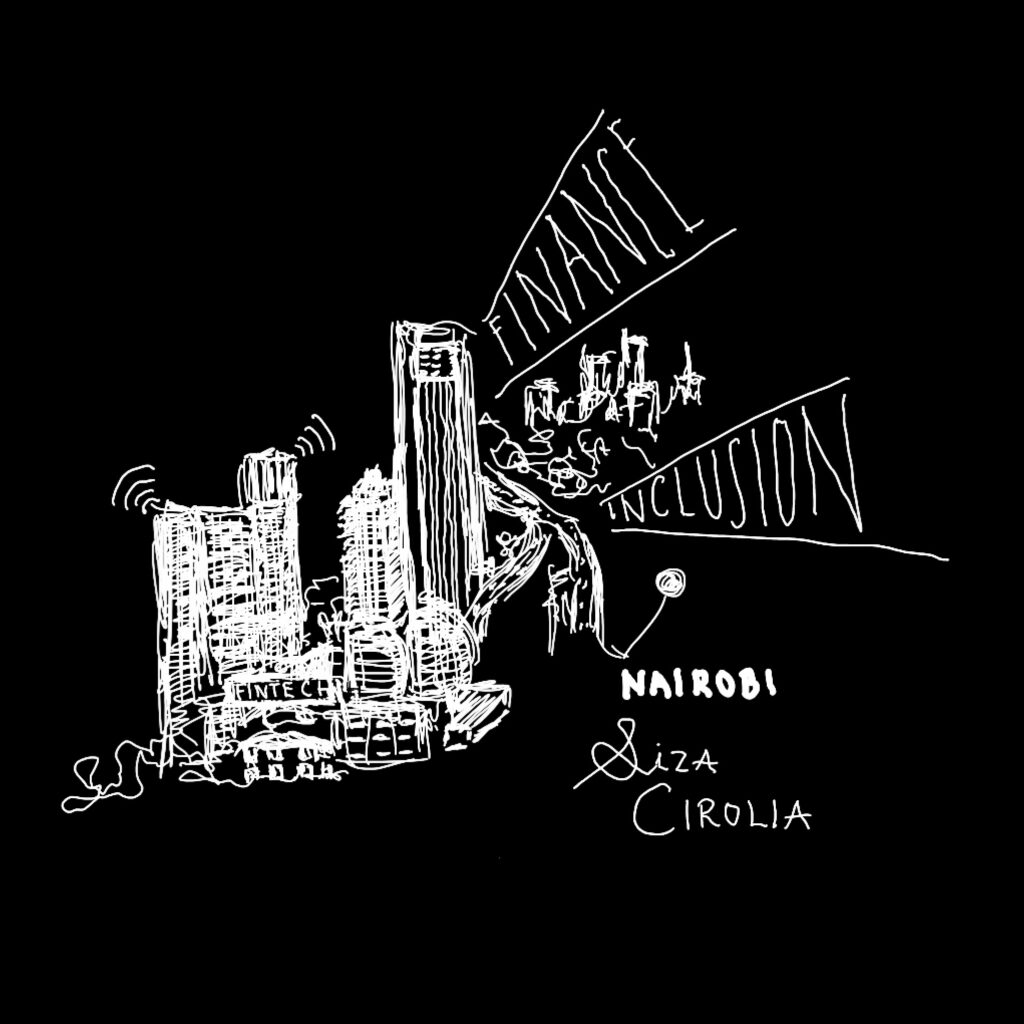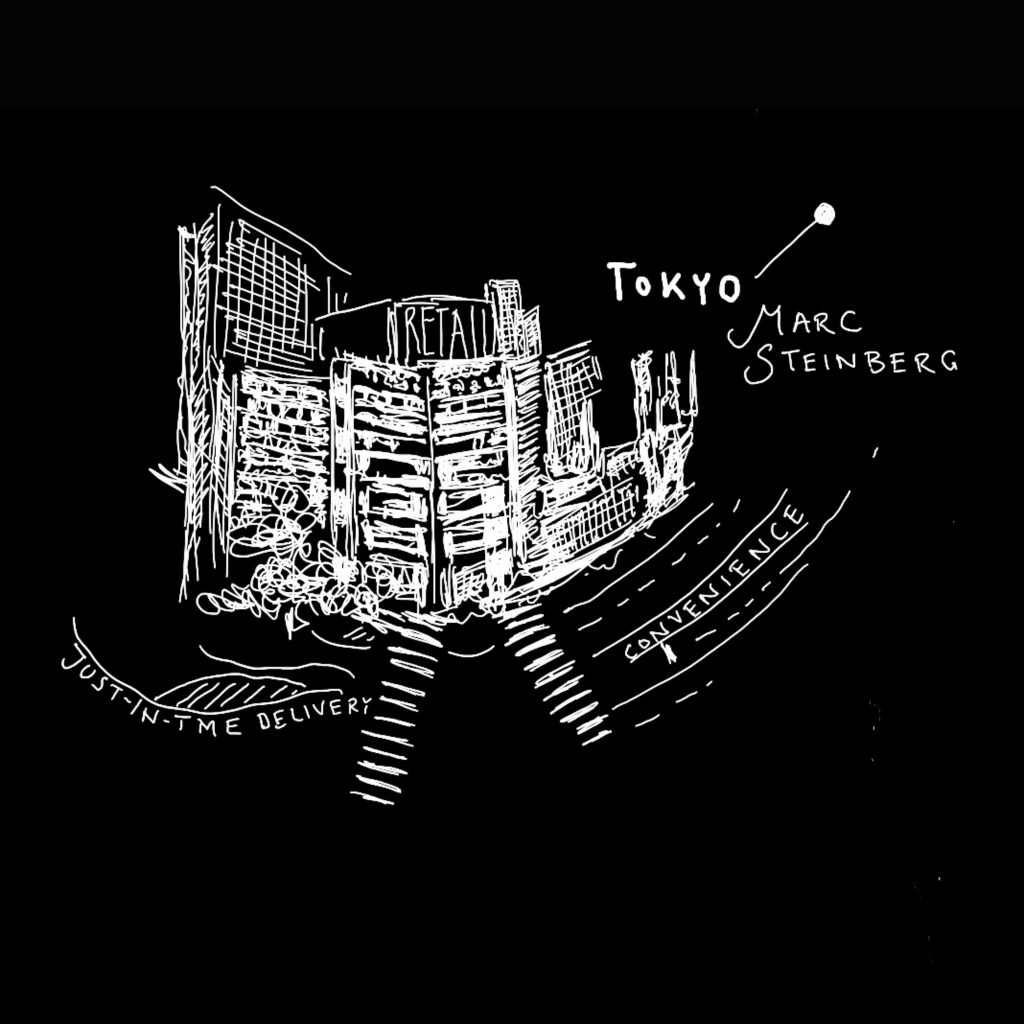Smartness promises wealth to cities around the world.
Across the planet, we see a growing investment by corporations, philanthropies, start-ups, and governments in computational infrastructures that will manage cities and their inhabitants. This smartness is closely affiliated with venture capital and start-up experiments. It is assumed that smart systems in logistics, real estate, finance, energy, and retail will encourage innovation and entrepreneurship, and will resolve problems of top-down economic planning.
In this project five particular aspects of this new model of wealth creation and urban management will be examined: optimization, sustainability, inclusion, resilience, and convenience. These are all particular varieties of the promise of wealth associated with smartness: the optimization and subsequent affordability provided by logistics; the sustainability required for living on a planet in crisis; the inclusion in economic life offered by decentralized finance; the energy resilience to climate change, resource limitations, and geopolitics promised by smart grids and financial hedging; and the convenience sold by smart retail.
It is smartness which propels these promises promoted by venture capital. Whether through public smart city initiatives or the plethora of private urban platforms for mobility, sustainability, finance and retail, venture capital is reshaping how wealth is produced and reproduced in the cities of today and tomorrow.
This project examines historically and ethnographically the relationship between contemporary smart urbanism and wealth, and the urban economies transformed through smart technologies. Ethnographically the research will occur in five sites in five different countries: Denver, Hamburg, Kolkata, Nairobi, and Tokyo. Historically, the research will examine genealogies of smartness and venture capital at these sites and compare smart urban initiatives globally.
Research questions
The project is framed through four guiding research questions.
First
We ask what smartness denotes and promises for each city and industry, noting how the different dimensions of wealth intersect.
Second
We explore how smart urban technologies and policies which accompany them are always already shaped by certain economic logics, in particular those of venture and corporate capital, and are therefore tied to particular business models impacting the reproduction of wealth.
Third
We ask how precisely this smartness targets particular dimensions of wealth and addresses related challenges, whether it is the challenge of green real estate development or of financially including the ‘unbanked’ in economic life.
Fourth
We ask how this transforms old economies and creates new ones, for example in relation to convenient retail or energy markets for resilience, and what new definitions of wealth and well-being emerge alongside them.
DIMENSIONS OF WEALTH
The project is guided by two fundamental questions: What does smartness denote? and: What dimensions of wealth does smartness address?
In the project, we explicate and critically question how smartness promises wealth.
We have identified five key dimensions of wealth to focus upon. If we understand wealth as a measure of the capacity for social change or human well-being, then it is today in many ways negotiated along these axes. Smart urbanism promises
Optimization
the optimization of the flow of goods and people in logistics
sustainability
green, sustainable development in real estate
inclusion
inclusion in economic life and the development of human capital in finance
resilience
resilience against disasters and crises in the energy sector
convenience
convenience through last-mile delivery and expedient retail
SITES AND CASES
The project critically explores global assemblages of capital and smart technology in five cities across Europe, Africa, Asia and North America. The cities were selected to provide significant diversity in terms of geography, politics and economy, and for providing case studies which epitomize current applications of smartness in different industries and pertaining to different dimensions of wealth.
Nairobi
In Nairobi, Kenya’s ‘Silicon Savannah’, we explore financial technology platforms and their promise of inclusion and human capital development.
TEAM

orit halpern
Orit Halpern is Full Professor and Chair of Digital Cultures at Technische Universität Dresden. Her work bridges the histories of science, computing, and cybernetics with design. She completed her Ph.D. at Harvard University. She has held numerous visiting scholar positions including at the Max Planck Institute for the History of Science in Berlin, IKKM Weimar, and at Duke University. She is currently working on two projects. The first is a history of intelligence and evolution; the second project examines extreme infrastructures and the history of experimentation at planetary scales in design, science, and engineering. She has also published widely in many venues including Critical Inquiry, Grey Room, Journal of Visual Culture, and E-Flux. Her first book Beautiful Data: A History of Vision and Reason (Duke UP 2015) investigates histories of big data, design, and governmentality. Her current book with Robert Mitchell (MIT Press 2023) is titled The Smartness Mandate. She is also one of the Primary Investigators of the Governing through Design Research Group and a P.I. on the AUDACE FQRSC project Reclaiming the Planet, both which sponsor this project.

Armin beverungen
Armin Beverungen is professor for the sociology of organization and economy at the Institute for Sociology and Cultural Organization at Leuphana University of Lüneburg, where is also a member of the Centre for Digital Cultures. His work draws on organization, media and science and technology studies to explore the relation between digital (media) technologies and organization, in particular algorithmic management, automation and artificial intelligence, as well as smart, logistical cities. Apart from the Smartness as Wealth project, he is also the PI of a research project on Amazon urbanism (“Automating the Logistical City” – see https://logistical.city/). He is an associate editor of Organization.
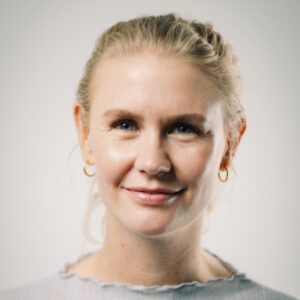
randi heinrichs
Randi Heinrichs is a postdoc at the Center for Digital Cultures at the Leuphana University Luneburg in the research project ‘Smartness as Wealth’. She has a background in cultural studies with a specialization in critical data studies. Her research interests, teaching and writing focus on power relations, social practices and technical conditions that shape our politics of knowledge in digital cultures. In this context, she researches topics such as digital twins, personalization, anonymity, whistleblowing, data discrimination and web archiving.
Her dissertation on anonymity, social media platforms and (data) neighborhoods, which she successfully completed in 2023, combines ethnography, archival exploration with media and cultural theory and urban studies. In 2022, she received the Canadian MITACS award for emerging scholars for international collaboration in the research network ‘Desegregating Network Neighborhoods’, which examines the urban history of algorithms, led by Wendy Hui Kyong Chun and Laura Kurgan. She is an alumna of the Algorithmic Fairness and Opacity Group at UC Berkeley, and an affiliate of the Digital Democracies Institute at Simon Fraser University as well of the research project DALOSS at the University of Copenhagen. Since 2024 she serves as one of the managing editors of the open access journal ephemera. theory and politics of organization.

Liza Rose Cirolia
Liza Rose Cirolia is a Senior Researcher at the African Centre for Cities, University of Cape Town. Her teaching, research and policy work focuses on infrastructural transitions, urban statecraft, and finance, specifically in the context of Africa’s urbanization. She teaches as part of ACC’s Master in Sustainable Urban Practice, convening courses on Sustainable Infrastructure and Financing Cities. She is Co-I on several international grants, including projects focussed on fintech in Nairobi, climate and health in Kigali and Accra, and decentralized technology in Cape Town.

Andrea Pollio
Andrea Pollio is an assistant professor at the department of Urban and regional studies and planning of the Polytechnic of Turin (Italy) and research associate of the African Centre for Cities, at the University of Cape Town. His work explores the making and remaking of innovation economies and digital platforms in urban Africa. With Liza Cirolia and Wangui Kimari, he forms the collective behind UTA-Do – a pedagogical experiment to unsettle the geographies of knowledge production about and in African cities. Since 2024, he serves as one of the founding editors of Platforms & Society.

Archimedes Muzenda
Archimedes Muzenda is a PhD researcher at African Centre for Cities, at the University of Cape Town. In his doctoral work, he explores the inclusion and speculations of digital platforms innovations in the FinTech landscape of Nairobi. Prior to joining the African Centre for Cities at the University of Cape Town, Archimedes worked as a researcher at Glensburg Cities Institute and as a fellow at the Brenthurst Foundation exploring the strategies for urban transformation in cities across Africa. He graduated with a BSc in Regional and Urban Planning from the University of Zimbabwe, and a Master of Public Administration from Central European University.

Marc Steinberg
Marc Steinberg is Professor of Film and Moving Image Studies at Concordia University, Montreal, and director of The Platform Lab. His work interrogates media industries and technological developments from within the context of East Asia. For the past decade his work has addressed the forms of platformization underway in Japan in particular, and Asia more widely. He is the author of Anime’s Media Mix: Franchising Toys and Characters in Japan (University of Minnesota Press, 2012), The Platform Economy: How Japan Transformed the Commercial Internet (University of Minnesota Press, 2019), and co-author of Media and Management (University of Minnesota Press, 2021). He has co-edited special issues of Asiascape: Digital Asia on “Regional Platforms,” and Media, Culture & Society on “Media Power in Digital Asia: Super Apps and Megacorps.” He is a member of an Australia Research Council-funded project on Digital Transactions in Asia as well as the Volkswagen Foundation-funded Smartness as Wealth project. His current research and book project examines Japanese convenience stores as a site from which to understand the dominance of convenience as a rhetoric and affect of the platform era of on-demand work and leisure.

Ananya
Ananya is a PhD student at the Mel Hoppenheim School of Cinema. Her current research looks at how India’s platform economy is reshaping the gendered distribution of time(s) and space. She is particularly interested in understanding how platformization in India (and the aspiration to formalize informal markets) re-embeds leisure, consumption, and work in new relational terms.

